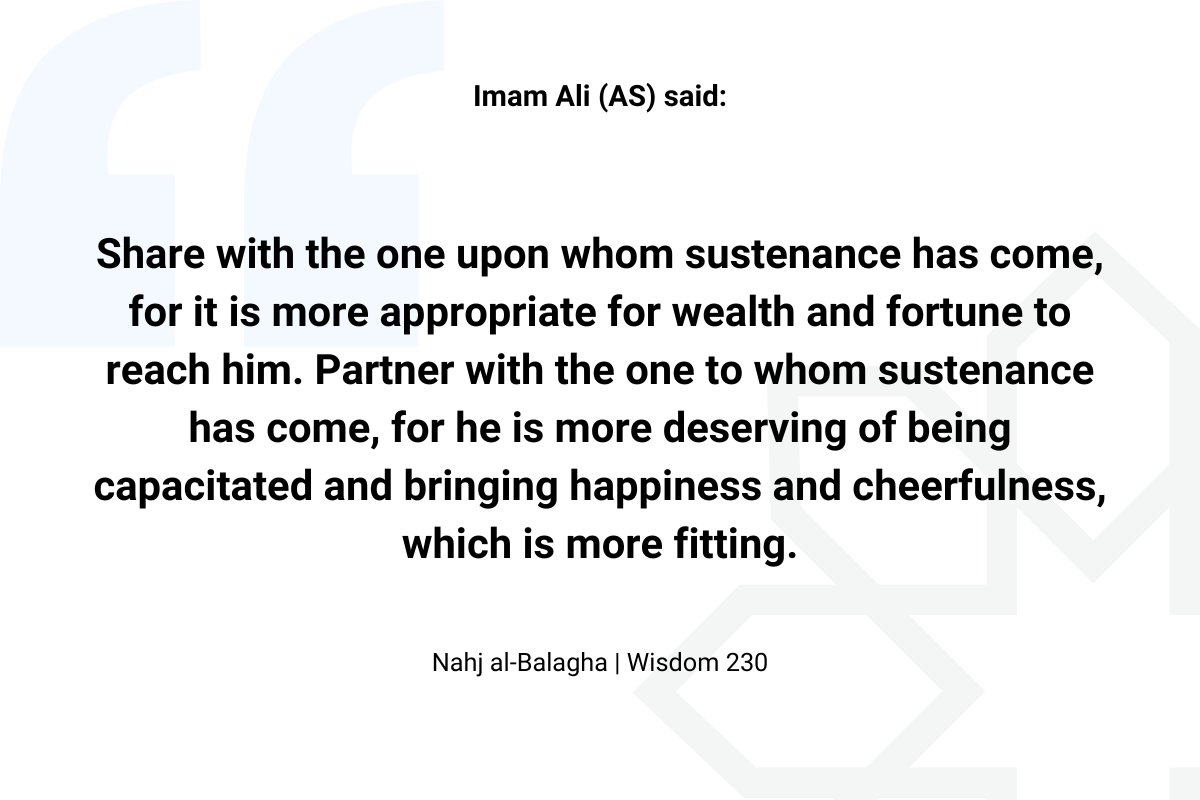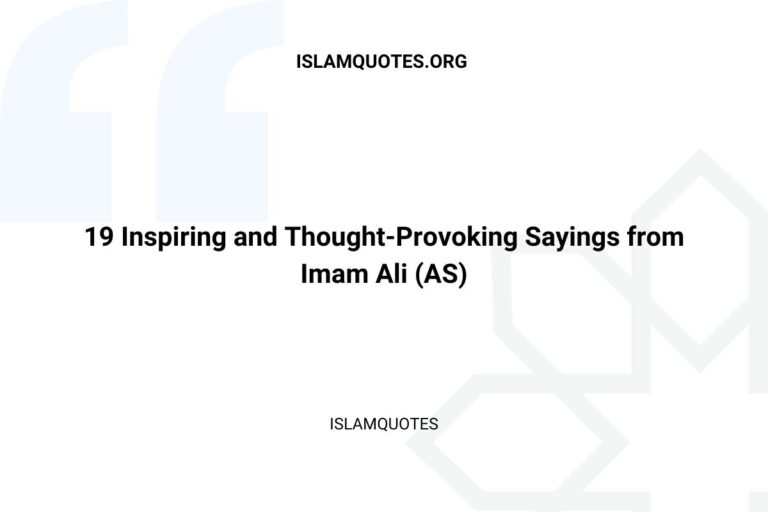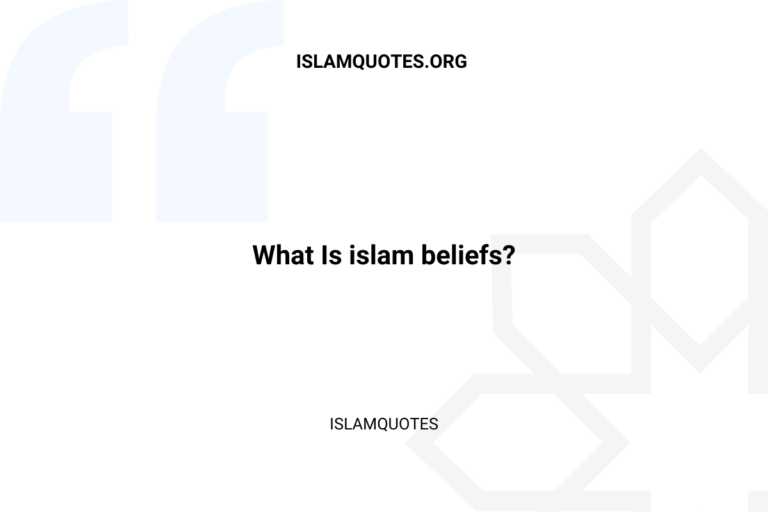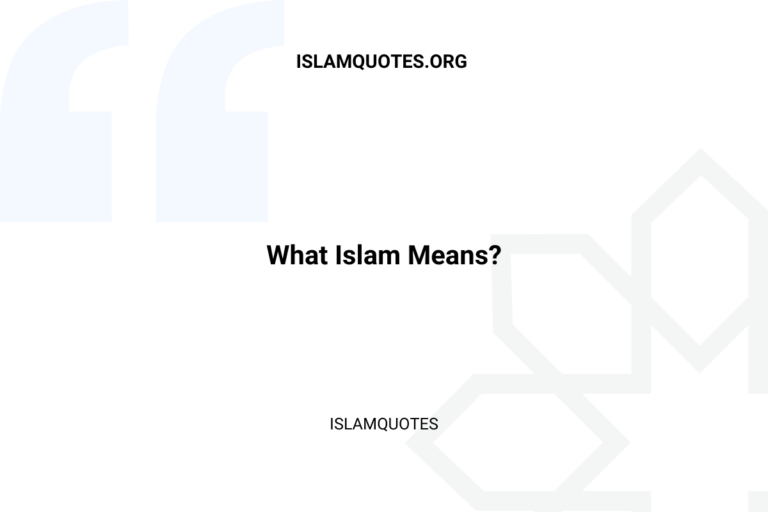Imam Ali (AS) said:
Share with the one upon whom sustenance has come, for it is more appropriate for wealth and fortune to reach him. Partner with the one to whom sustenance has come, for he is more deserving of being capacitated and bringing happiness and cheerfulness, which is more fitting.
– Nahj al-Balagha | Wisdom 230
Understanding the Hadith: An In-depth Interpretation
The quote attributed to Imam Ali (AS) from Nahj al-Balagha emphasizes the virtues of sharing prosperity with those who have been fortunate enough to receive sustenance. This directive not only promotes social equity but also highlights the ethical responsibility of wealth distribution in Islamic teachings.
The Importance of Sharing Wealth in Islam
The Concept of Rizq in Islam
In Islam, Rizq (provision) is a fundamental concept that encompasses all forms of sustenance provided by Allah. It includes not only material wealth but also knowledge, health, and opportunities. The belief that all provisions are preordained by Allah encourages Muslims to view their possessions as trusts rather than absolute entitlements. This perspective fosters a sense of responsibility to share wealth with others, particularly those who may lack it.
Ethical Wealth Distribution
Islamic teachings advocate for a balanced approach to wealth, wherein the rich are encouraged to support the less fortunate. This is evident in practices such as Zakat (obligatory almsgiving) and Sadaqah (voluntary charity). The hadith highlights the moral imperative to partner with those who have received sustenance, suggesting that such individuals are better suited to manage and utilize resources effectively. This partnership can lead to mutual growth and societal well-being.
The Role of Partnership in Economic Stability
Forming partnerships with those who have been blessed with sustenance not only benefits the individuals involved but also contributes to the broader economic stability of the community. By leveraging the skills and resources of those who are already successful, there is a greater potential for innovative solutions and sustainable development. This approach aligns with modern economic principles that emphasize collaboration and shared prosperity.
Practical Applications of the Hadith
Implementing Wealth Sharing in Daily Life
1. Community Investment: Engaging in community development projects that provide opportunities for the less fortunate.
2. Supporting Education: Investing in educational initiatives that empower individuals to become self-sufficient and contribute positively to society.
3. Social Enterprises: Partnering with or supporting businesses that prioritize social impact alongside profit.
The Spiritual Benefits of Sharing Wealth
Sharing wealth is not only a social obligation but also a means of spiritual purification. It aligns with the Islamic principle of Tazkiyah (purification of the soul) and reinforces the concept that true wealth is measured by one’s deeds and moral conduct.
Hadith and Modern Islamic Finance
The principles outlined in the hadith resonate with contemporary Islamic finance, which emphasizes ethical investing and social responsibility. By integrating these values into financial practices, Muslims can ensure their economic activities align with their faith.
Conclusion
The hadith from Nahj al-Balagha underscores the significance of sharing wealth and partnering with those who have been blessed with sustenance. This practice not only promotes social equity and economic stability but also enhances spiritual growth. By adhering to these principles, Muslims can contribute to a more just and prosperous society.
For more insights on Islamic quotes, visit Islam Quotes.








